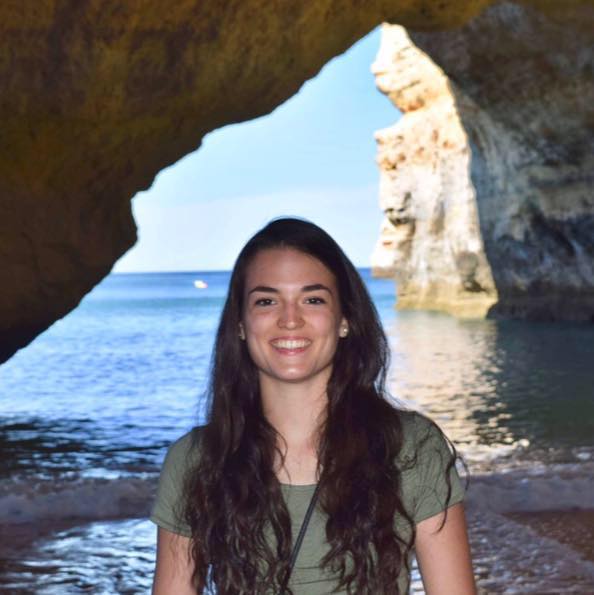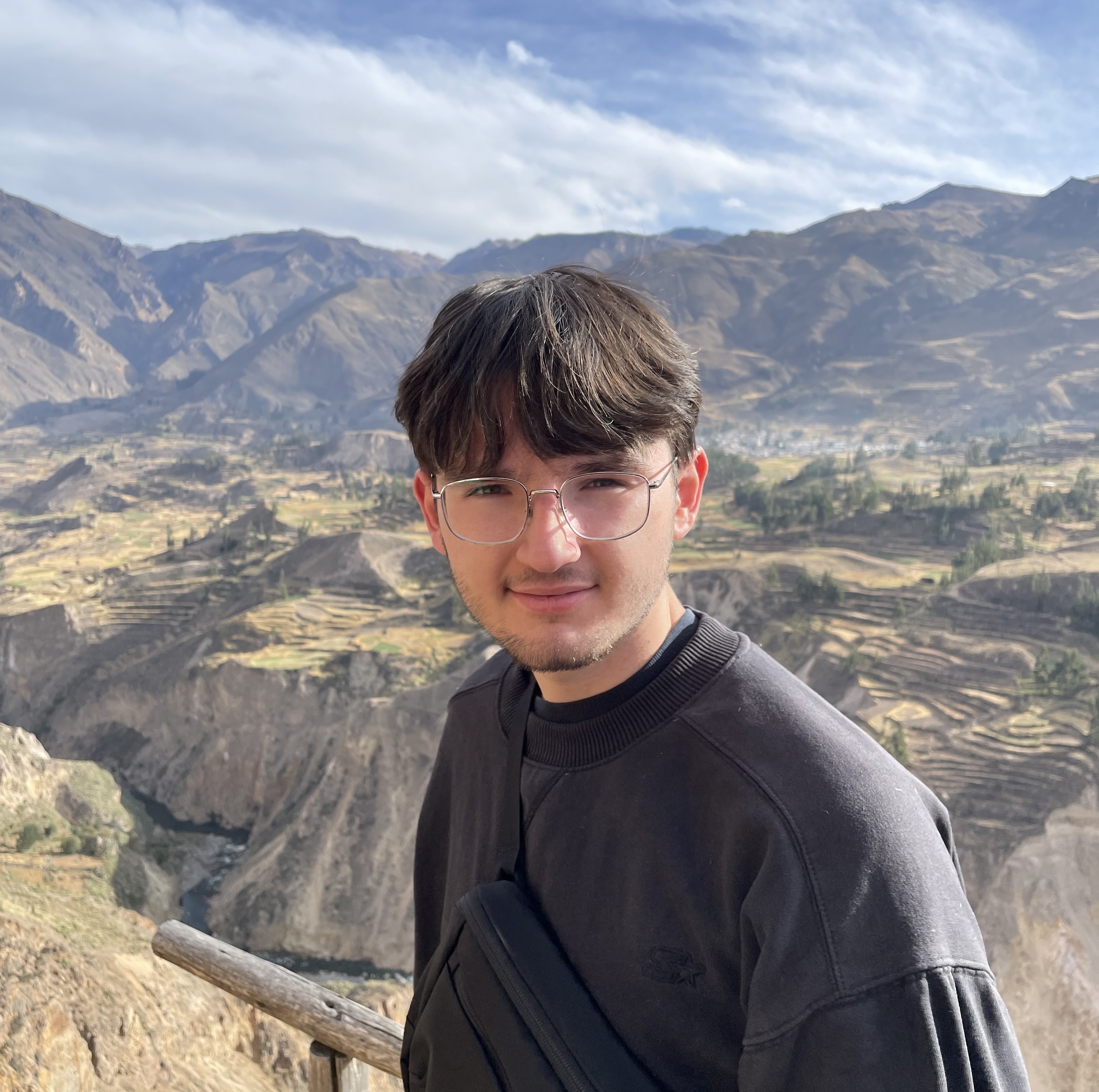

Audrey Lamy-Proulx
MSc Student

Emmanuel Lebeau
MSc Student

Mathias Salvas-Hébert
Undergrad Student

Département de psychologie
Faculté des arts et des sciences
Pavillon Marie-Victorin
Université de Montréal
Montréal (QC)
H2V 2S9
ian.charest [@] umontreal.ca